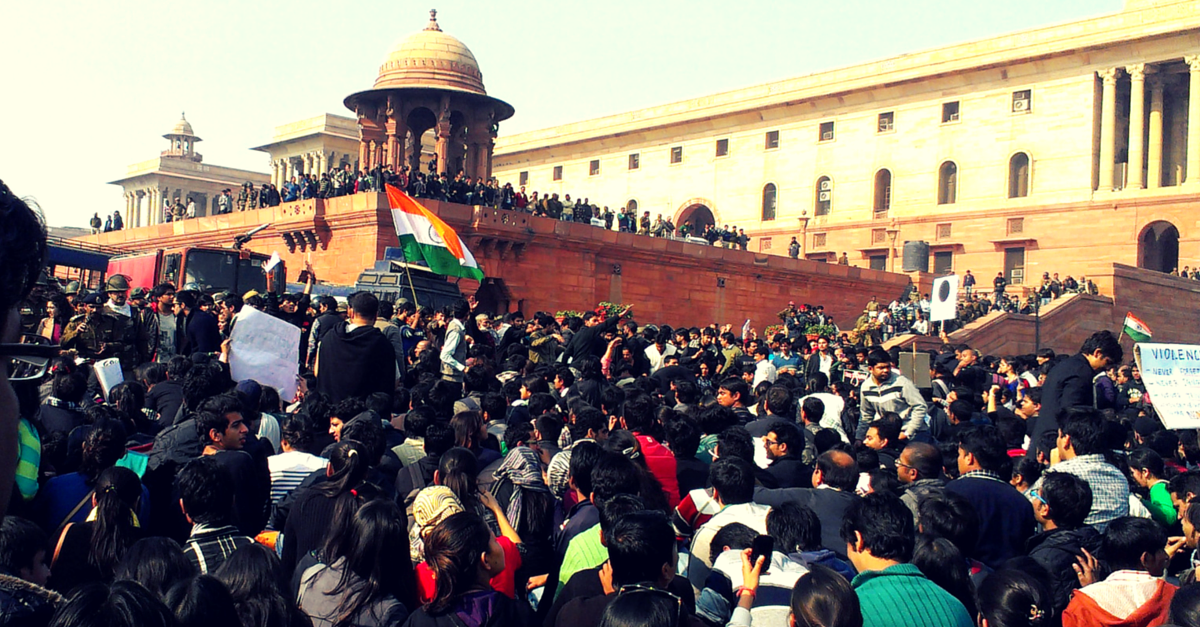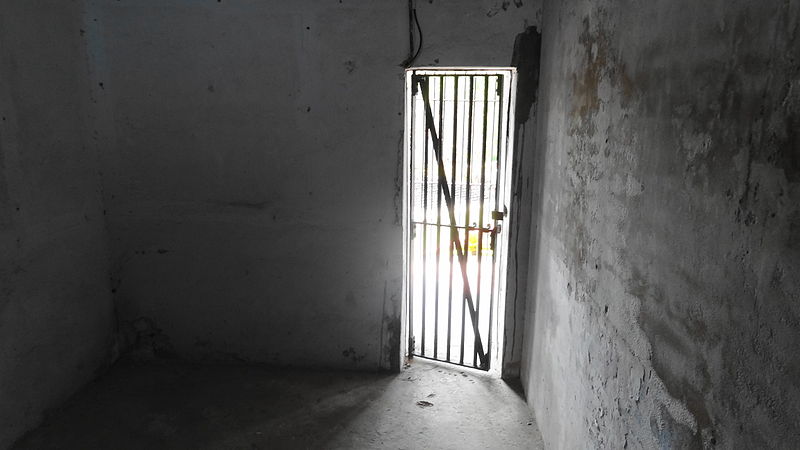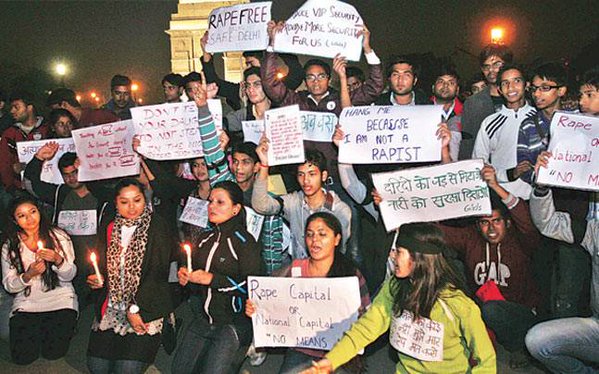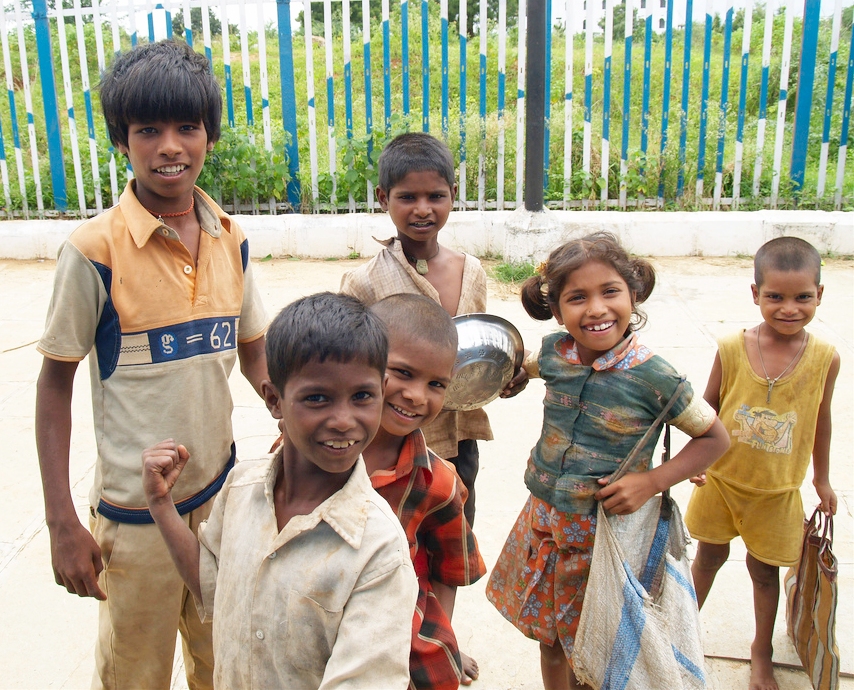10 Things You Need to Know about the New Juvenile Justice Bill Passed by the Rajya Sabha
Amidst a raging national debate, the Rajya Sabha passed the new Juvenile Justice Bill. Among other provisions, it allows offenders under the age of 18 to now be tried as adults in court.

The new Juvenile Justice Bill is finally here. In the wake of the the stormy nation-wide debate that was triggered by the release of the juvenile involved in Delhi’s 2012 gang-rape, the Rajya Sabha has passed a new bill that will replace the existing Juvenile Justice Act of 2000.
Both sides in this debate have made valid and important points on this complex and nuanced issue.
Here’s what you need to know about the new bill:
1. Children between 16–18 years of age who commit a “heinous offence” can now be tried as adults.

Source: Wikipedia
…but only once the Juvenile Justice Board has conducted a preliminary investigation to determine the severity of the offence, the offender’s ability to comprehend consequences, and the circumstances of the offence.
If the Board decides that the offender should not be tried as an adult, he or she will be sent for rehabilitation.
“Heinous offences” are those for which the minimum punishment is a seven-year prison sentence. Rape and murder are two crimes often considered as heinous.
2. 16-18 year olds who commit a “serious offence” may be tried as an adult, but only if they are apprehended after the age of 21.
“Serious offences” are those which are punishable by three to seven years in prison.
3. No juvenile offender can be sentenced to death or life inprisonment without the possibility of release.
While adults can be given a death sentence or life without release, a clause in the bill makes clear that juveniles being tried as adults will not be subject to these provisions.
4. These laws will not be retroactive.

Source: Twitter
This means that they will NOT apply to the 2012 Delhi gang-rape case, or any other case registered before the passing of this act.
5. Juvenile Justice Boards and Child Welfare Committees will be established in every district.
While the Board will deal with matters related to children in conflict with law, the Committee will handle cases of children in need of care and protection.
Both bodies will have at least one woman member.
6. The implementation of the act will be guided by a number of fundamental principles, including the principle of best interest and the principle of equality and non-discrimination.
One of these — the principle of non-stigmatising semantics — says that adversarial or accusatory words cannot be used in any legal procedure involving a juvenile.
7. The bill also deals with adoption. It includes the eligibility of adoptive parents…
The parents should, among other things, be physically fit, financially sound, and highly motivated to adopt a child. Single males will not be permitted to adopt a female children.
8. …and the procedure for adoption.

Source: Wikipedia
It specifies the different processes that will apply depending on whether the parents are Indians living in India, non-resident Indians, or foreigners.
9. It prescribes penalties for cruelty against children.
Anyone who is responsible for a child but “assaults, abandons, abuses, exposes or wilfully neglects” the child can be punished with a 3-year jail sentence and a fine of Rs. 1 lakh.
The bill also lists penalties for other child-related offences including forcing a child to beg or offering a child a narcotic substance.
10. At all times, the bill seeks to keep in mind “the best interest of the children and their rehabilitation”.
However, the bill is being accused of being in violation to the UN Convention on the Rights of the Child, which specifies that all children under the age of 18 will be treated as equal. India is a signatory to the Convention.
Featured image source: Wikipedia
Like this story? Or have something to share? Write to us: [email protected], or connect with us on Facebook and Twitter (@thebetterindia).
If you found our stories insightful, informative, or even just enjoyable, we invite you to consider making a voluntary payment to support the work we do at The Better India. Your contribution helps us continue producing quality content that educates, inspires, and drives positive change.
Choose one of the payment options below for your contribution-
By paying for the stories you value, you directly contribute to sustaining our efforts focused on making a difference in the world. Together, let’s ensure that impactful stories continue to be told and shared, enriching lives and communities alike.
Thank you for your support. Here are some frequently asked questions you might find helpful to know why you are contributing?


This story made me
-
97
-
121
-
89
-
167











